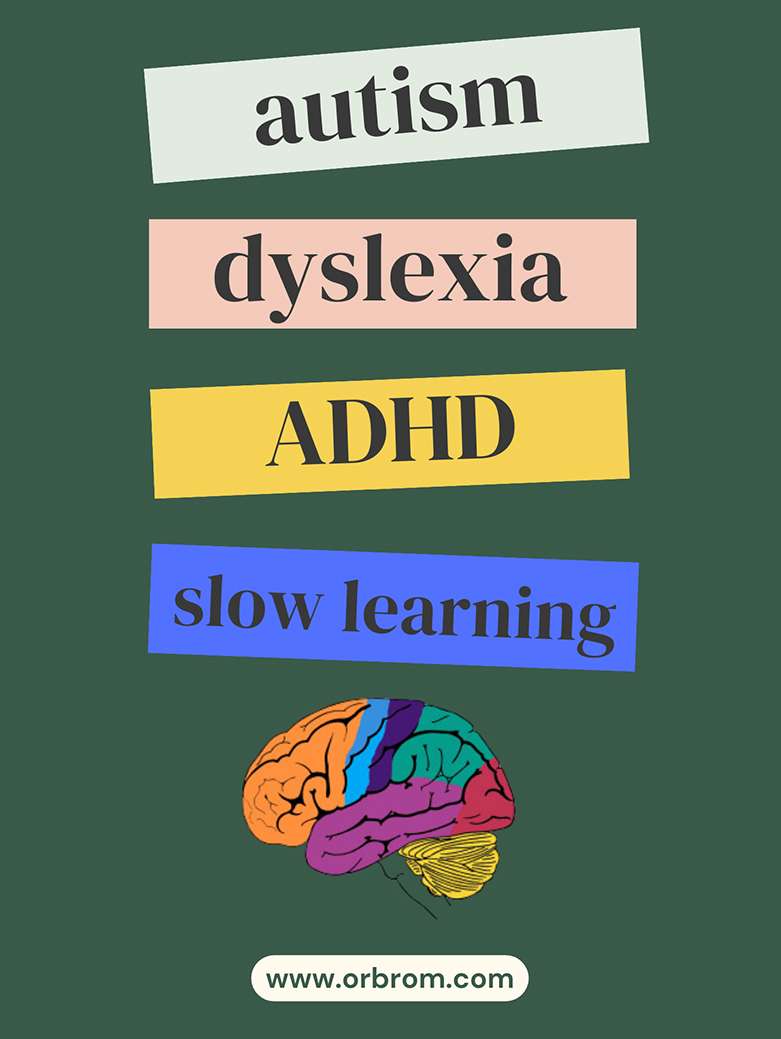Navigating the dynamic world of education often presents unique challenges, particularly in the realm of classroom behavior management. While every classroom is a microcosm of diverse personalities and learning styles, fostering a positive and productive learning environment hinges on effective behavior management strategies. These strategies not only promote a harmonious classroom atmosphere but also lay the foundation for enhanced student engagement, academic success, and overall well-being.
1. Cultivate a Welcoming and Supportive Classroom Culture
The foundation of successful classroom management lies in creating a safe, inclusive, and supportive learning environment. This involves establishing a set of clear expectations and guidelines, ensuring that students feel valued, respected, and heard. By fostering a sense of community and belonging, teachers can encourage students to take ownership of their behavior and contribute positively to the classroom dynamic.
2. Establish Clear Expectations and Consistently Reinforce Them
Effective behavior management begins with clearly defined and consistently enforced expectations. These expectations should be age-appropriate, understandable, and aligned with school-wide policies. Regularly revisit and reinforce these expectations, using positive reinforcement and clear consequences to address any behavioral issues.
3. Employ Positive Reinforcement and Encouragement
Positive reinforcement plays a pivotal role in shaping positive behavior. Acknowledge and celebrate students’ achievements, both academic and behavioral, to foster a sense of accomplishment and motivation. Encourage students to support and recognize each other’s positive contributions, creating a culture of mutual respect and appreciation.
4. Implement Structured Routines and Predictability
Routines provide students with a sense of predictability and security, reducing anxiety and promoting self-regulation. Establish clear procedures for transitions, class activities, and daily routines. Involve students in creating and implementing these routines to foster a sense of ownership and engagement.
5. Build Positive Relationships with Students
Effective classroom management is deeply rooted in positive relationships between teachers and students. Take the time to connect with each student on a personal level, understanding their individual needs and learning styles. Demonstrate genuine care and interest in their lives, fostering trust and open communication.
6. Address Behavioral Issues Promptly and Proactively
When behavioral issues arise, address them promptly and proactively. Engage with students privately, providing clear feedback and explaining the consequences of their actions. Work collaboratively to identify underlying causes and develop strategies for improvement.
7. Seek Support from Colleagues and School Resources
Don’t hesitate to seek guidance and support from colleagues, school counselors, or administrators. Share experiences, exchange strategies, and collaborate to address common challenges. Utilize school-based resources, such as behavior intervention plans or social-emotional learning programs, to provide individualized support.
8. Foster Open Communication with Parents and Guardians
Maintaining open communication with parents or guardians is crucial for addressing behavioral issues effectively. Regularly share updates on student progress, including both positive achievements and areas for improvement. Work together to develop consistent expectations and strategies for addressing behavioral challenges.
9. Continuously Reflect and Adapt
Effective behavior management is an ongoing process, requiring continuous reflection and adaptation. Regularly evaluate the effectiveness of your strategies, seeking feedback from students, colleagues, and parents. Be open to adjusting approaches based on individual student needs and classroom dynamics.
10. Celebrate Successes and Recognize Achievements
Acknowledge and celebrate the successes of your students, both individually and as a class. Take the time to highlight positive behaviors, academic achievements, and acts of kindness. Celebrating successes reinforces positive behavior and fosters a sense of pride and accomplishment.
By implementing these effective behavior management strategies, teachers can cultivate a harmonious and productive learning environment, fostering student engagement, academic success, and overall well-being. Remember, effective behavior management is a continuous journey, requiring adaptability, flexibility, and a genuine commitment to the success of each and every student.
Services for Autism, ADHD, Dyslexia, Spelling Difficulty, social and slow learning, Down Syndrome, and Selective Mutism. OrbRom is the best option in Phnom Penh.
If you are concerned about your child’s development, Contact OrbRom Center for Assessments.
Phone/Telegram: 077.455.993
Telegram Link: https://t.me/OrbRom







